The most significant fault line is whether the EU should operate as a Europe of nations or as a federal, centralized system in the future, the Hungarian governing party politician said, adding that decisions affecting people's daily lives should be taken at member state level.
"As the EU constitution was never adopted, the current EU leadership is indirectly trying to encroach on the powers of national governments." The MEP also pointed out that when faced with crisis, the EU often makes the wrong decisions, including the failed sanctions policy and the increasingly dangerous statements about war. He recalled that after the Second World War, the predecessor of the current Union was created in the spirit of historical reconciliation, while today it is peace, precisely one of the original fundamental objectives, that is being abandoned.
The Treaty of Amsterdam, which entered into force 25 years ago, was slated to define the EU's core values, but since it failed to do so precisely, it gives rise to many abuses, the MEP noted, adding that while the Lisbon Treaty, signed in 2007, undid the previous practice of unanimity, and instead allows majority decisions, for example on migration. This transfer of power from member states to central decision-makers is not the right direction.
This centralization is open to abuse, and the process is visibly intensifying. Moreover, it is coinciding with the rise of an extreme leftist, aggressive, neo-Marxist woke ideology, which aims to transform traditional European cultures and societies,
he stressed. Those who oppose it are attacked in the fiercest manner. Balazs Hidveghi cited the case of the former Frontex Director Fabrice Leggeri, who was accused of trumped-up charges and then attacked with increasingly harsh means for taking his job of protecting the EU's external borders seriously. The MEP also recalled, however, that the case against Poland could be closed soon, as a national government palatable to the Brussels leadership is now in power. In Europe, there is a full-scale attack on those who defend traditional Christian values and sovereignty, but Hungary is successfully resisting this, he said, adding that what the country is facing can be considered a "totalitarian regime", as political pressure is being exerted with brutal means.
The aim of the pro-war policy is to break Eurasian cooperation, which is an American and not a European interest.
After the EP elections, the MEP urges the formation of a European Commission working for European interests, one which accepts the diversity of European nations and returns to sanity.
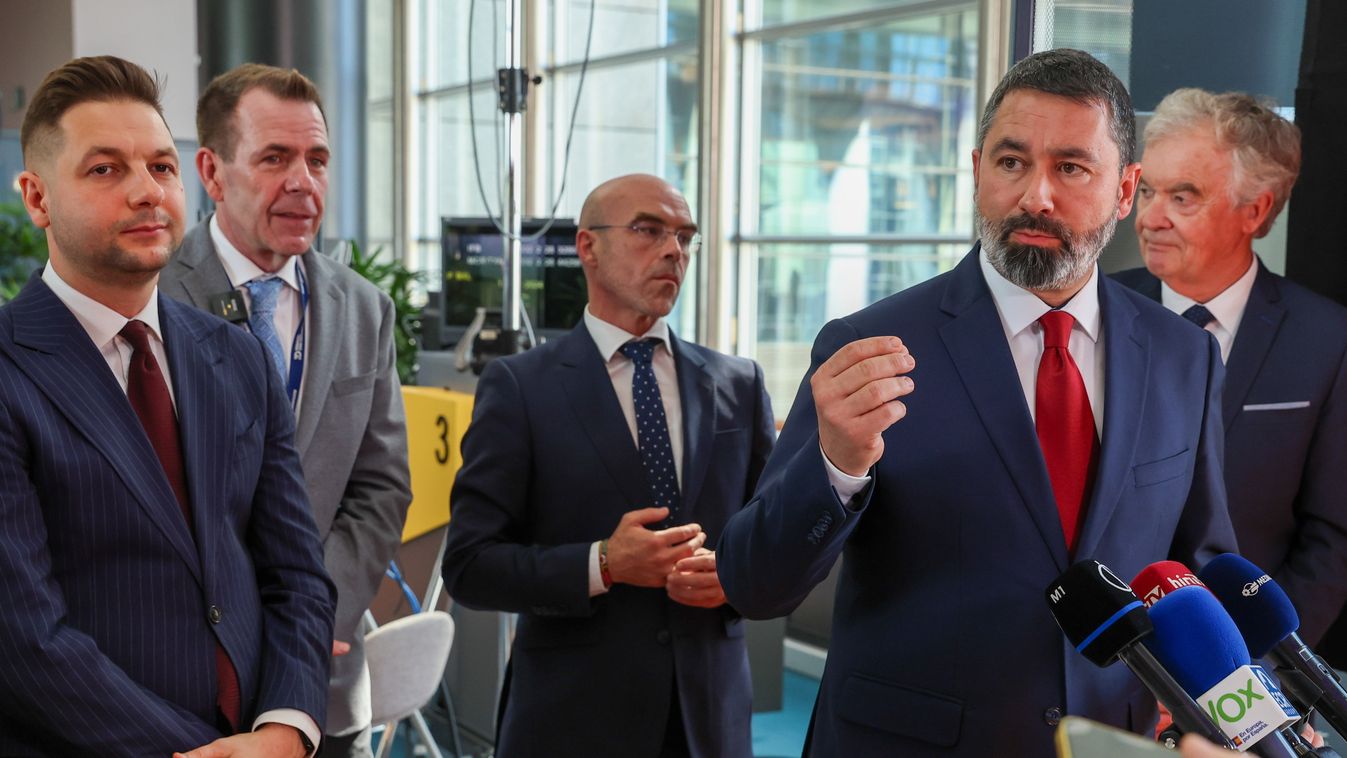
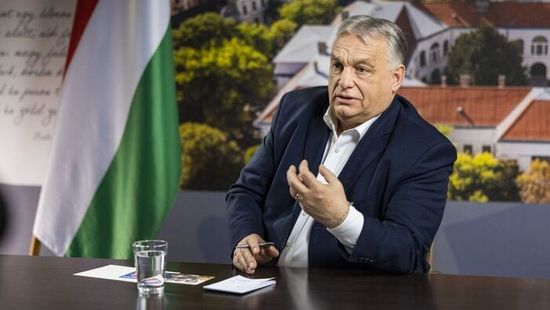






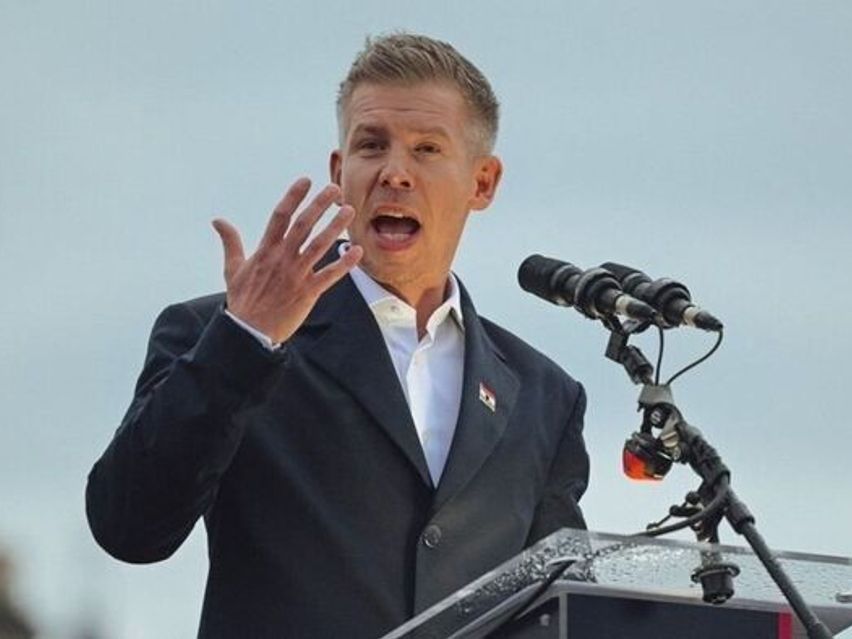
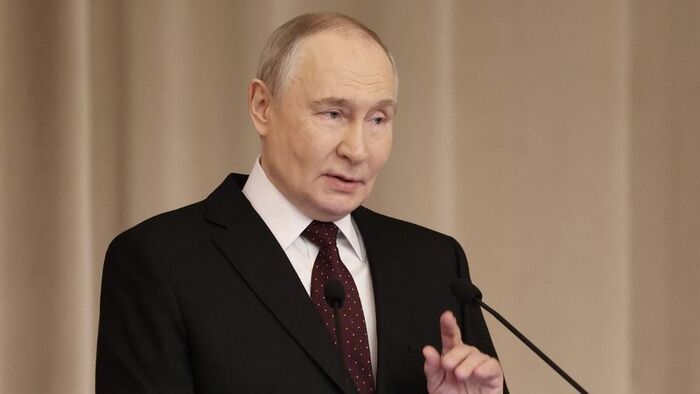


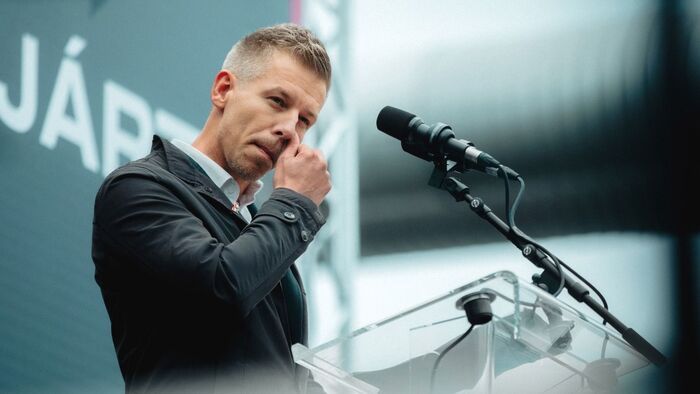
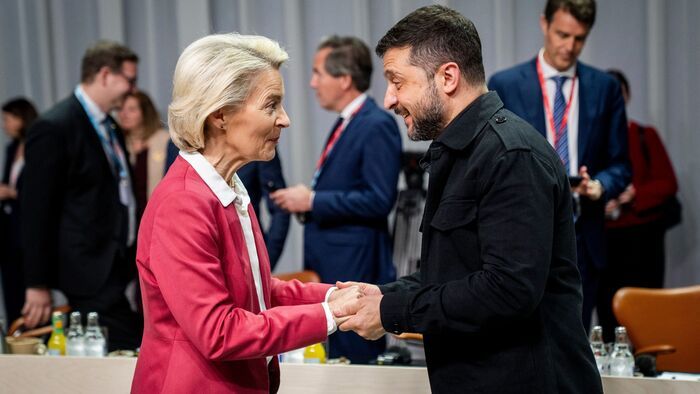
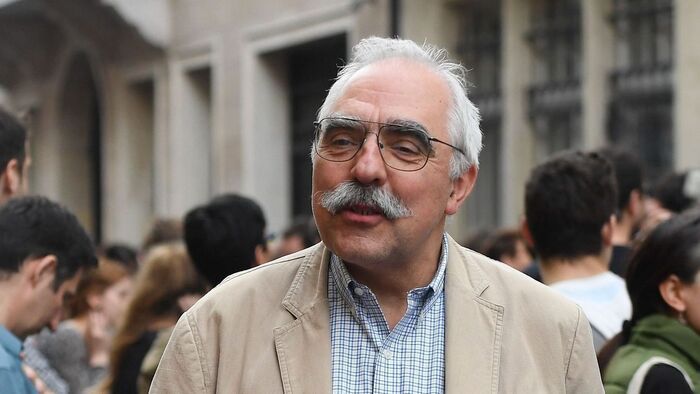
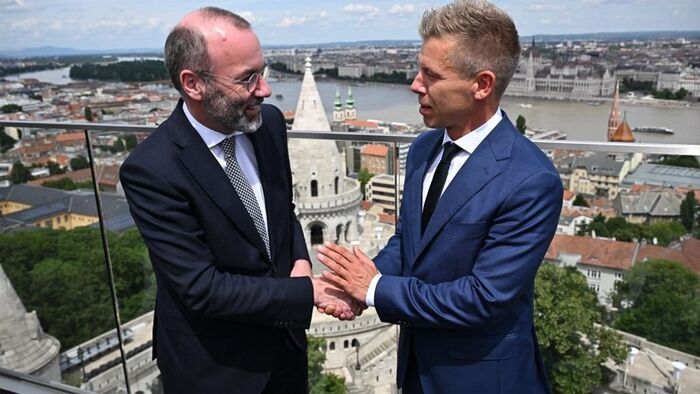

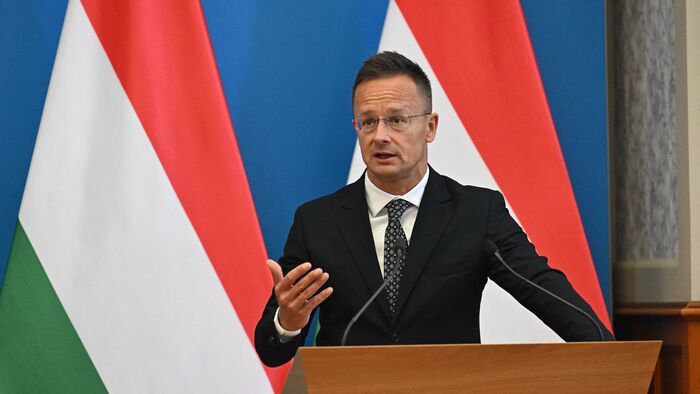





Szóljon hozzá!
Jelenleg csak a hozzászólások egy kis részét látja. Hozzászóláshoz és a további kommentek megtekintéséhez lépjen be, vagy regisztráljon!